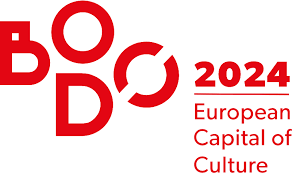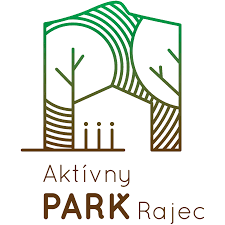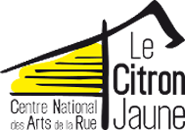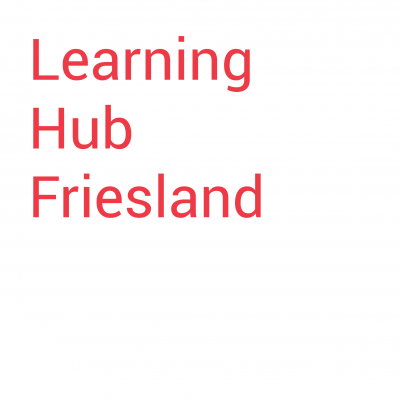LAND our vision
LAND’s vision is to create a distinctive collaboration between artists, producers, land stewards and environmental organisations, to explore our relationship with rural landscapes, the science and the heritage, through the medium of art while taking account of major environmental issues.
LAND is led by Oerol Festival (Netherlands) alongside partners Activate Performing Arts, (United Kingdom), Le Citron Jaune (France) and Artopolis / PLACCC Festival (Hungary), as a transnational cooperation project supported by the Creative Europe Programme of the European Union.
LAND partners share a common interest in the specialist area of working in the rural landscape connecting environmental organisations and artists, animating landscapes and creating possibilities for mindful meeting and interaction.
LAND incorporates an extensive programme of activity with three core aims:
PRODUCE: strengthen the relationship between partners, artists and land stewards in the creation and production of artistic work in the landscape
ENGAGE: focus on each locality to encourage engagement with artist work in the landscape, targeting young people
EXCHANGE: develop the professional skills and abilities of partners and land stewards in the understanding of this specialist field of work
LAND offers additional outcomes and benefits:
- rural landscapes animated through art attracting audiences to experience it in a new way;
- a stronger cohort of artists working in the landscape benefiting from new European markets;
- a connected European network of arts organisations, land stewards and artists;
- academic institutions developing distinctive work supporting this practice in the industry.
LAND project results, outcomes and responses will be shared as we finalise the project over the coming months. To find out more go to EXCHANGE
CONTEXT AND OBJECTIVES
The Working in LANDscapes project brings together major arts organisations and festivals which work in outdoor, landscape-based and location specific settings who have built up a huge amount of knowledge and practical insights. These organisations will join forces with an NGO from the educational sector, Learning Hub Friesland.
The Covid-19 pandemic has had a huge impact on the cultural sector in Europe and beyond, with venues closing, festivals cancelled and many of the creative professionals that rely on these showcases for their creations being left without work. Artists and programmers are being challenged to adapt their work to new settings, with outdoor settings in landscapes being a prime solution to socially distanced cultural programming.
By connecting and training artists and the landscape professionals they will need to work with to develop their skills, the Working in LANDscapes project aims to extend and improve the supply of learning opportunities to the cultural sector and upskill creative and landscape professionals in how to work together in their landscape settings. In this way we will help to address the challenges faced by the cultural and creative sectors while taking advantages of the opportunities offered by new ways of working, which will help the sectors to recover from the crisis and become greener and more resilient.
In light of the climate emergency, as well as the Covid-19 pandemic, reflecting on society’s relationship with nature has never been more pressing, and is one of the most important ways in which the cultural and creative sectors can contribute to the greening of our societies – think of Von Der Leyen’s comments on the “new European Bauhaus” in her State of the European Union address. By giving landscape professionals the chance to work with creatives, we also equip them with new skills and ways of engaging with the users of their landscape and furthering the often complex discussions around the protection of our natural world.
TARGET GROUPS AND PARTICPANTS
Our target groups are twofold: Cultural professionals who want to learn how to present and create their work in a site-specific, landscape-based way and landscape professionals who want to learn how to work with culture and creativity to engage the users of their landscapes in a different way. The participants in project training activities (40 professionals from across Europe) will be equally drawn from these two groups. Staff working for the cultural and educational organisations in the project consortium will also participate in project activities, thereby building capacity.
PROJECT ACTIVITIES
The project will organise 6 physical activities: 4 transnational project meetings and 2 blended training programmes, each including a training week where participants will travel to Norway and Slovakia.
The two “main events” of the project, the blended training weeks, will show the 40 cultural and landscape professionals who take part in how to use site-specific and landscape-based cultural interventions to build their skills and expand their professional and employment opportunities. These two activities will also offer the project the chance to expand the impact and reach of the project far beyond the project consortium by creating livestreamed moments where professionals from across Europe can be inspired, and relevant dissemination content with practical tips and personal stories to spread the word even further and ensure reach throughout the project lifespan and beyond.
The TPMs are largely in service to the training weeks, with the exception of the first and final TPMs which will be dedicated to the sustainability and impact of the project. All the TPMs will involve the chance to engage local stakeholders and be inspired by the host partner’s best practices, thereby building the internal capacity and networks of the partner organisations.
RESULTS, IMPACT AND LONG-TERM BENEFITS
Cultural professionals from the partnership and beyond will be able to continue making and programming creative work by moving to landscape-based settings, and will understand the opportunities this provides for reaching new audiences and facilitating discussion about our relationships to the natural world. Landscape professionals will understand how they can work with the cultural and creative sector to achieve their ow¬n goals and create inclusive natural landscapes where all citizens can reflect on their relationship with nature. Alongside these skills, they will also have developed a strong professional network at a European level, offering new opportunities for work and collaborations.
The most direct impact will be on the professionals who participate in the training activities. However, cultural and landscape professionals from across Europe not directly participating in the project will also be engaged and positively impacted through the use of strong dissemination and the creation of relevant, practical content.
The work shared in and resulting from the partnership will offer practical tips and inspiration, helping the cultural and creative sectors to address the current crisis and come out of it more able to fulfil their role in creating a greener, more resilient Europe.






